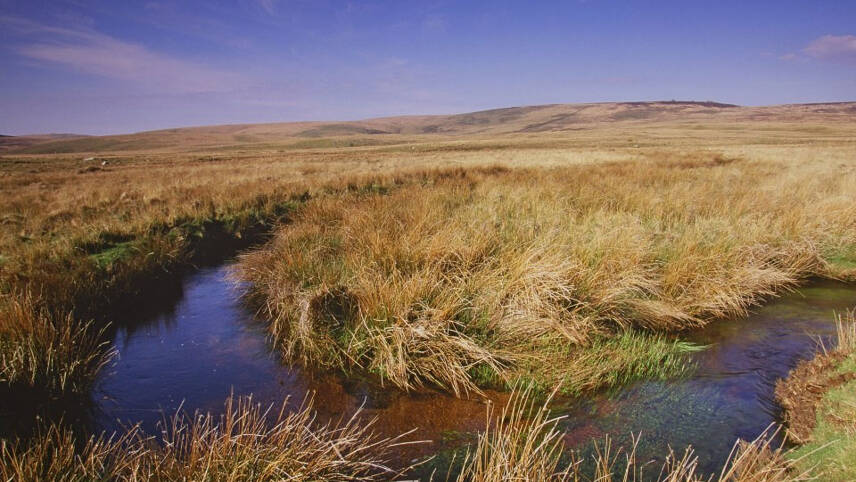Register for free and continue reading
Join our growing army of changemakers and get unlimited access to our premium content

Image: Defra
The UK Government has announced more than £7.5m in a bid to reduce peat carbon emissions, enhance drought resilience, and assist farmers, aligning with the recommendations of the Lowland Agricultural Peat Task Force’s chair.
The funding is divided into two pilots. The first is the Lowland Agricultural Peat Small Infrastructure Pilot (£5.45m), which will support the installation of infrastructure and monitoring technology to better control water levels for preserving and rewetting lowland peat. The Association of Drainage Authorities will assist in the project’s implementation.
The second pilot is the Lowland Agricultural Peat Water Discovery Pilot (£2.2m), which will be carried out by the Environment Agency. It aims to foster collaboration among local and water peatland partnerships in developing costed water level management plans for lowland peat areas in England.
Environment Minister Trudy Harrison said: “Our peatlands are invaluable allies in our battle against climate change, housing over half of our terrestrial carbon stores and providing resilience for future farming.
“These new measures, which includes funding for innovative new water management schemes, bolster our efforts to protect and improve peat soils – enhancing carbon storage, preserving vital.”
In 2020, the Government formed the Lowland Agricultural Peat Task Force to enhance England’s lowland farmed peat condition. The chair has recommended that the Government increases investment in water storage, management, and control, as well as providing technical advice on maintaining wetter peat soils.
The chair of the Lowland Agricultural Peat Task Force, Robert Caudwell, said: “All the evidence demonstrates that reducing carbon emissions from lowland peat is vital as part of the United Kingdom government’s plan to tackle climate change.”
According to the latest Climate Change Committee (CCC) report, peatland restoration should reach 67,000 hectares/year by 2025, and in annual tree planting to 30,000 hectares by 2025 and 50,000 hectares by 2050.
Twelve projects in England will receive support from the £5m Paludiculture Exploration Fund grant scheme, managed by Natural England, aimed at addressing barriers and promoting the development of paludiculture as a financially viable farming practice on lowland peat soils.
Natural England’s chair, Tony Juniper, said: “Lowland peatlands play an important role in combating climate change, by keeping carbon in the land and out of the air.
“Working with land managers and others, it is imperative we find ways to support livelihoods and produce what society needs while at the same time halting the degradation of peat soils.”
Species Survival Fund
Defra, in collaboration with the National Lottery Heritage Fund, has further launched a £25m Species Survival Fund to enhance wildlife habitats.
The grant fund is now open for applications ranging from £250,000 to £3m, aiming to support projects that expand and connect habitats, restore degraded areas for thriving species and establish new sites.
The National Lottery Heritage Fund’s chief executive officer Eilish McGuinness said: “We are delighted to work with Defra once again to administer this vital and valuable fund, which will support nature recovery by helping to boost the quality and quantity of wildlife-rich habitats across England.
“Building on our successful partnership to deliver the Green Recovery Challenge Fund, this project will further our vision for heritage to be valued, cared for and sustained for everyone’s future.”


Please login or Register to leave a comment.